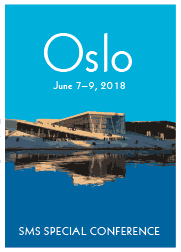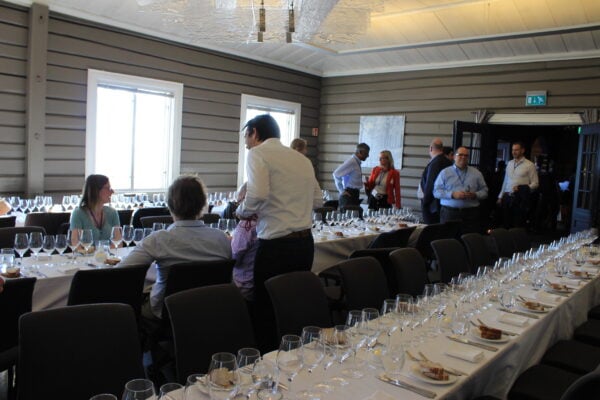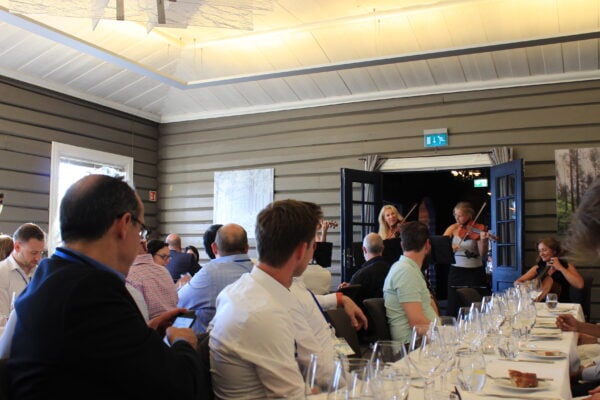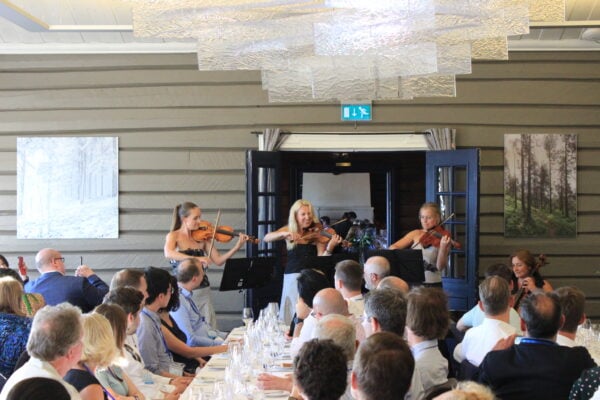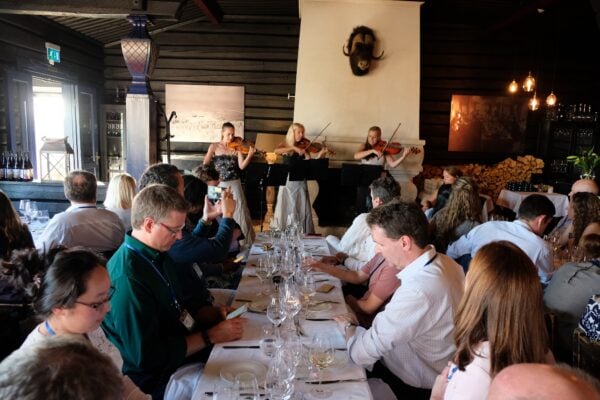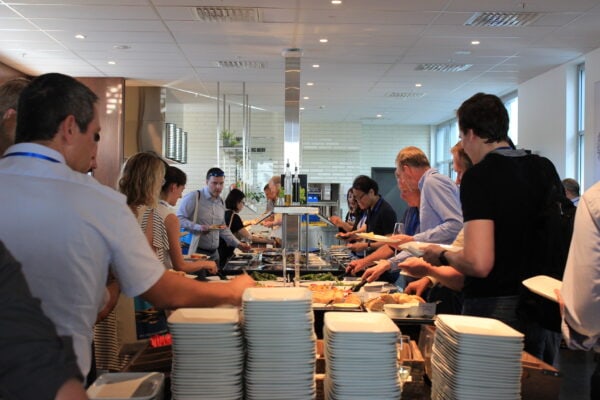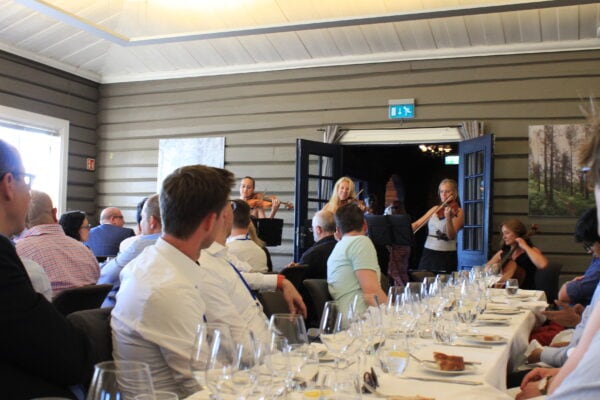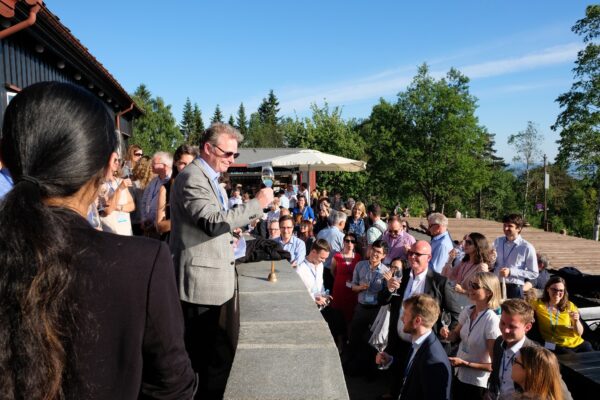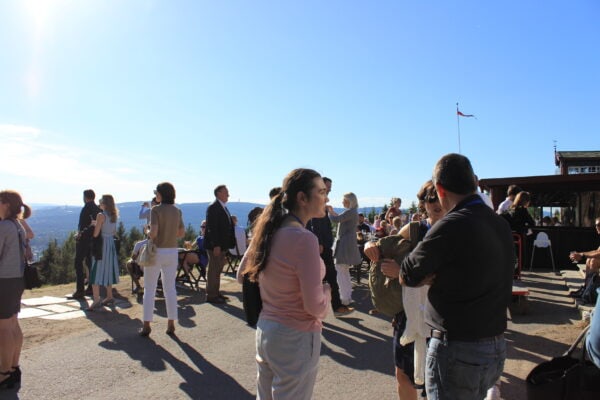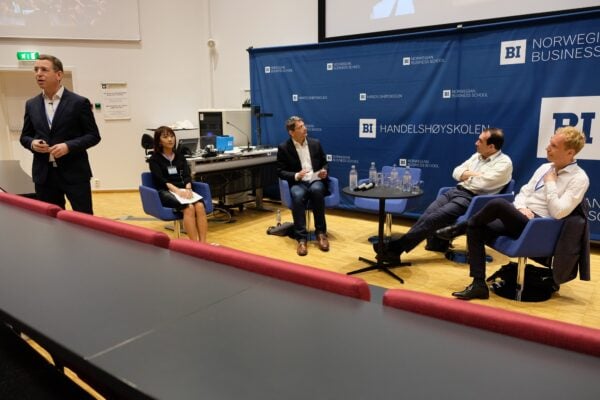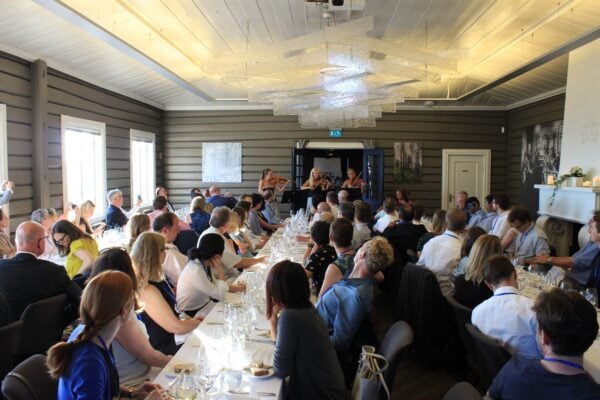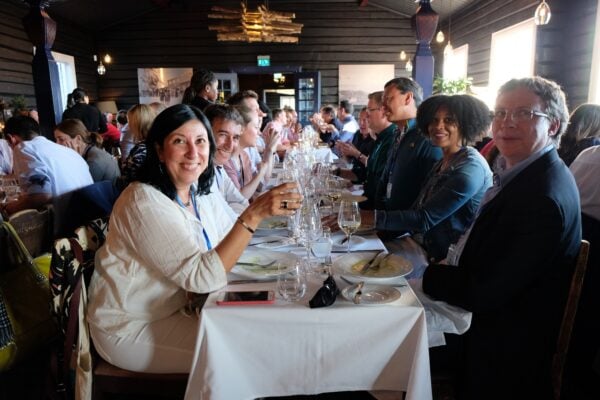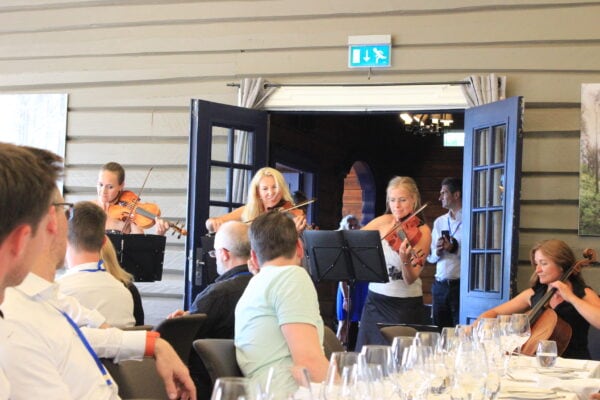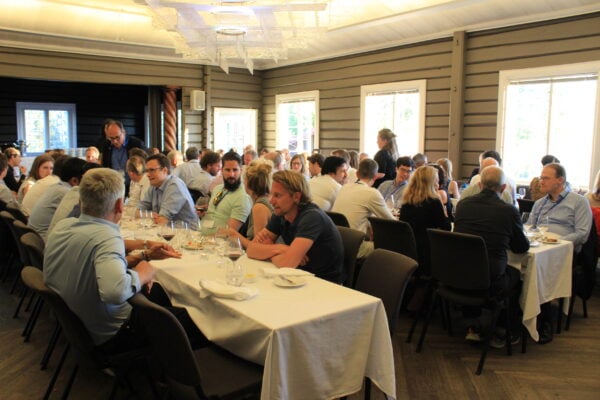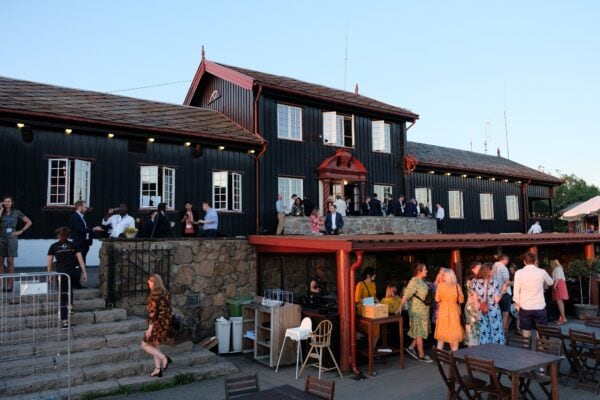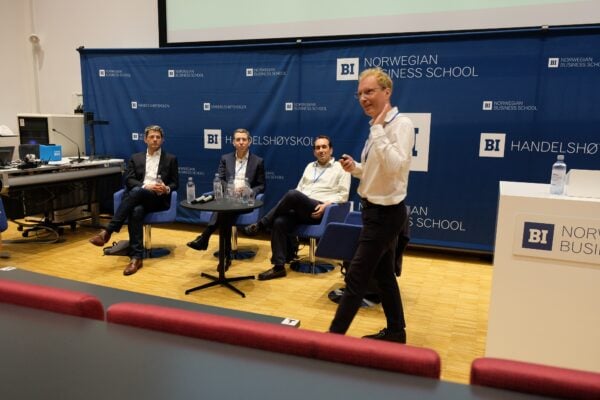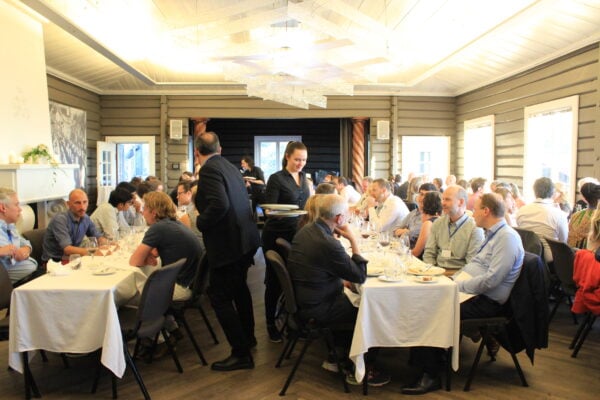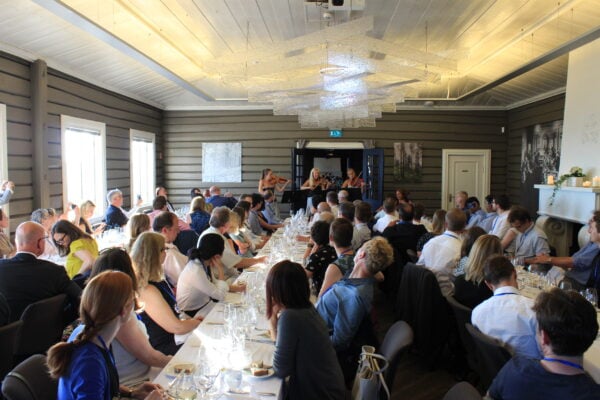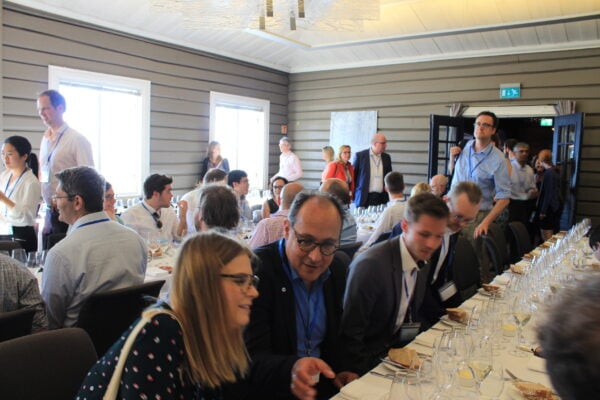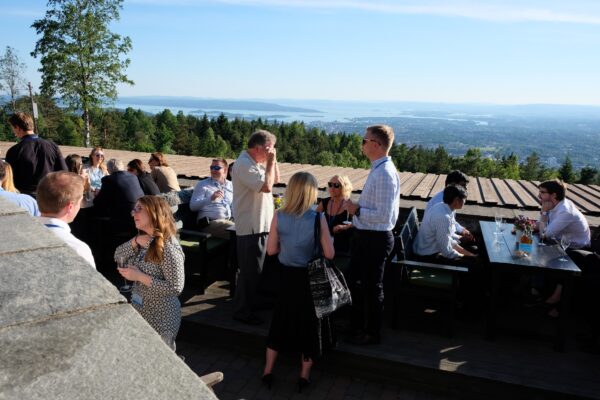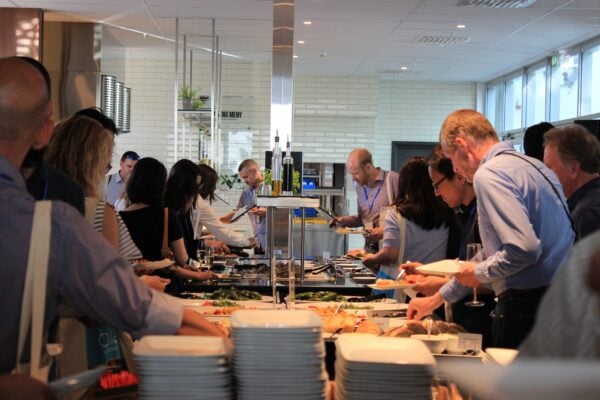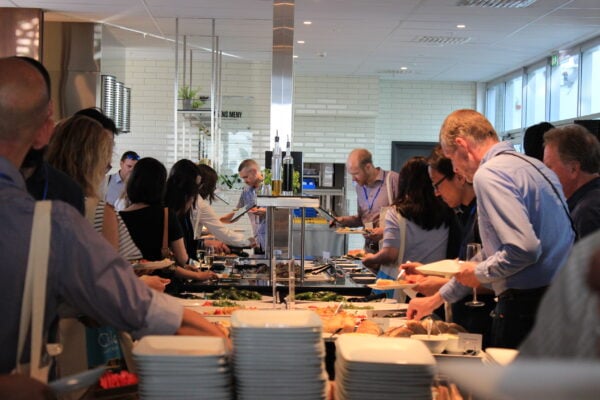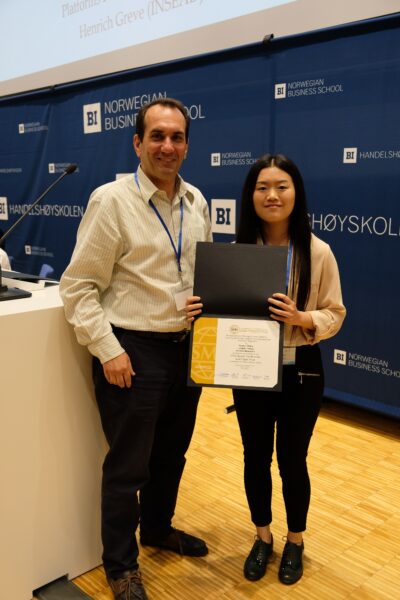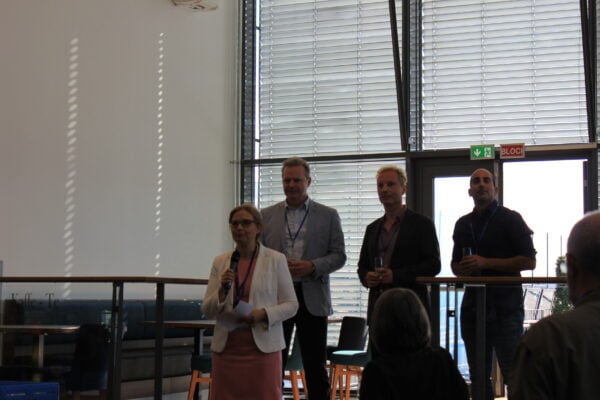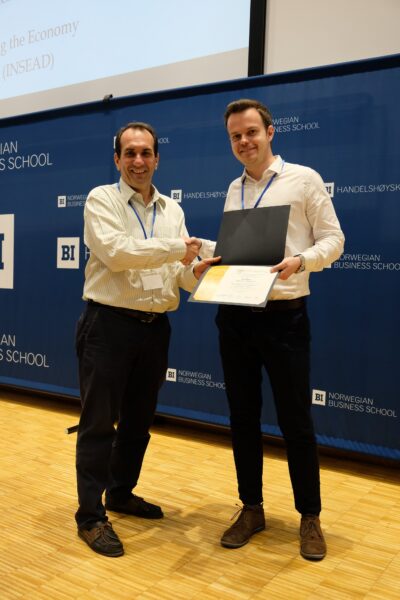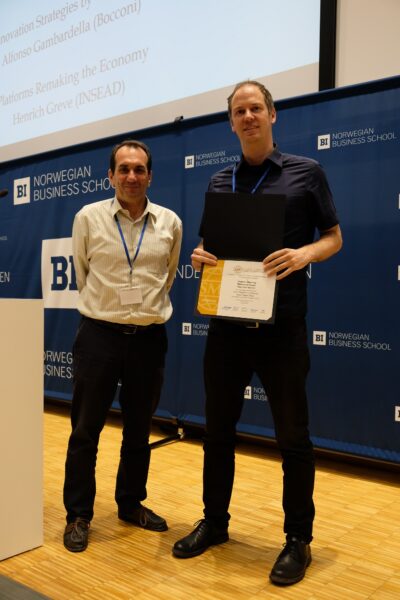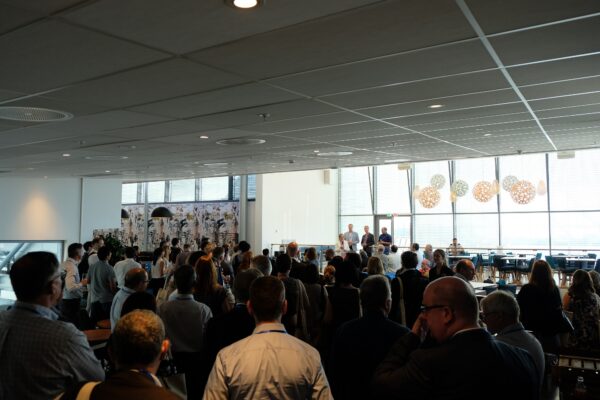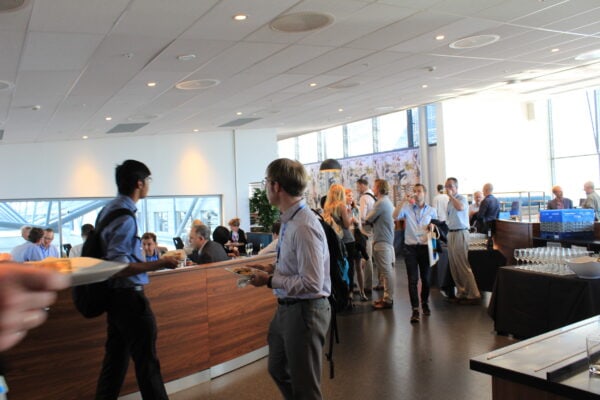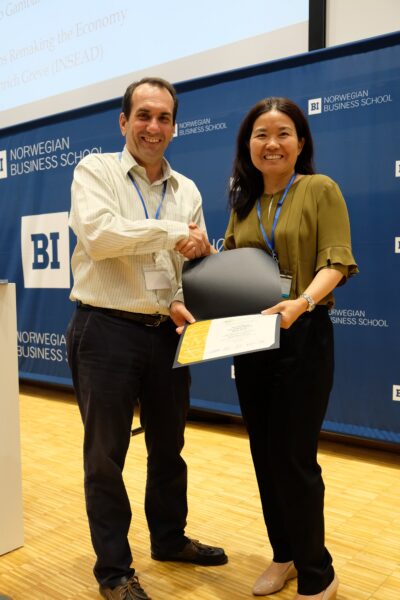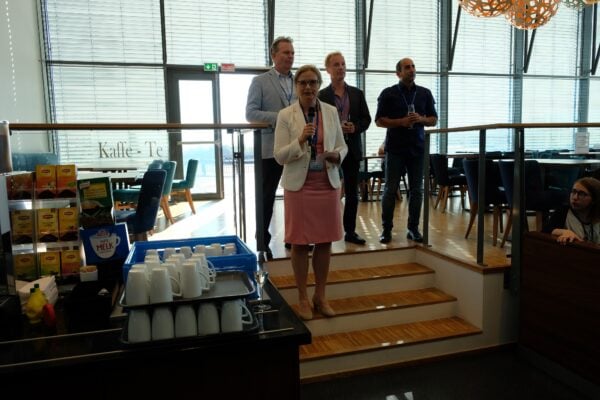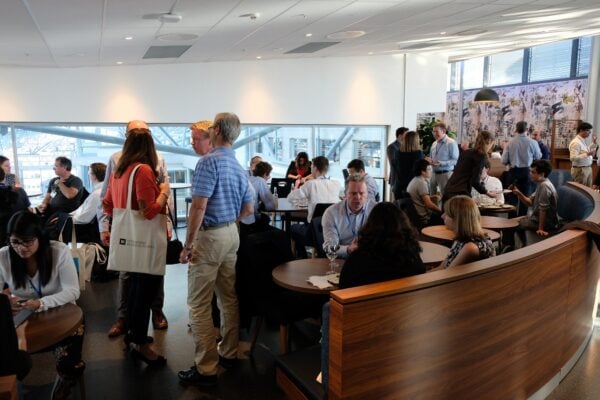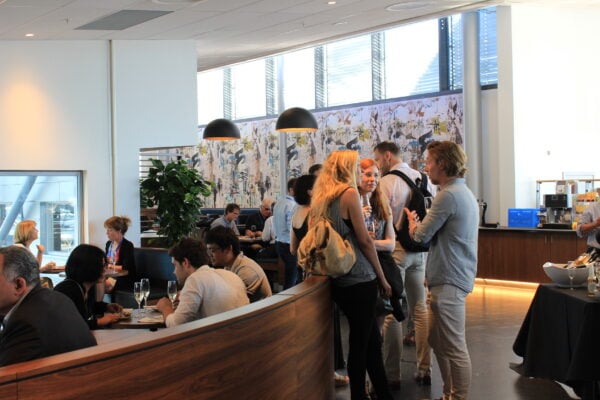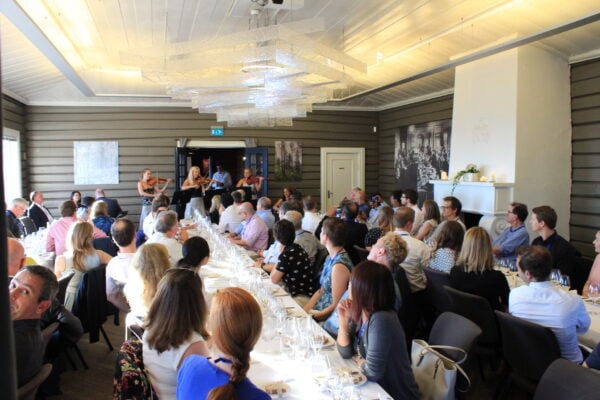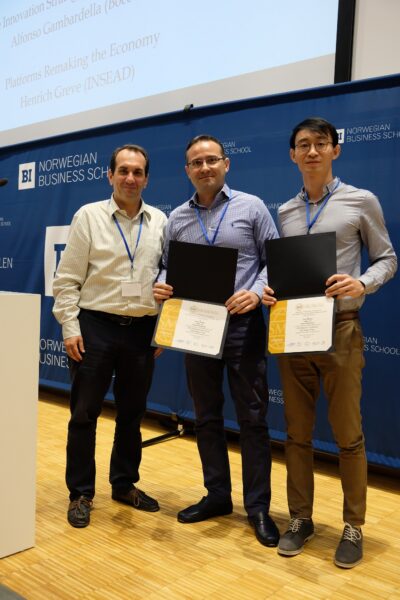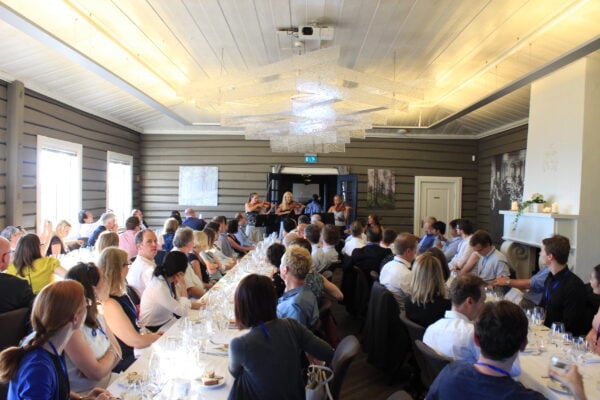Sharing Strategies for the Connected World
Sharing has always been at the heart of strategic management thinking. Early work focused on creating shared understanding of organizational goals and strategic direction. Contemporary strategic management research examines the effects of resource sharing across teams, organizational units, and organizational boundaries on firm strategy and performance. Knowledge sharing has been advanced as the raison d’être for the firm and the multinational firm.
Advances in technology have given rise to new types of sharing. The growth of the sharing economy, currently estimated at $100B, has sparked great interest within the strategic management community. The business models of sharing economy firms exemplified by Uber and Airbnb call into question traditional business models of service firms. Sharing manufacturing capacity and designs through 3D printing and platforms challenges traditional manufacturing business models and strategies. We have also observed innovative shared-risk initiatives such as crowd funding, and the sharing of ideas through open innovation and purpose-based innovation communities. These sharing strategies and innovations yield tried and tested organizational arrangements obsolete while presenting firms with sharing-based opportunities in terms of developing new business models, co-productive relationships, and organizational forms.
The Nordic Countries and Norway, in particular, have had a long tradition of sharing. Norway’s political governance system combines open market economic policies with the sharing of financial assets through high taxation and sharing risk and profits through substantial state ownership exemplified by the world’s largest Sovereign Wealth Fund, which facilitates the distribution of oil and gas returns. Furthermore, high level of interpersonal trust facilitates asset and knowledge sharing within and between organizations with minimal bureaucracy. This is the exciting context for the SMS Special Conference on Sharing Strategies for the Connected World. In Oslo, we will bring together leading thinking and research, discuss the implications for strategy scholars and practitioners, and outline a research program for sharing strategies for the connected world.
A mid-sized capital in European terms, Oslo is a very lively and livable city, beautifully situated at the end of the Oslo Fjord and surrounded by hilly woodlands. The vibrant hub of a metropolitan area of more than 1.5 million people, the city’s dynamic business and cultural scene has a lot to offer visitors and residents. Oslo is home to strong clusters in health, IT, and maritime sectors, which thrive on advanced infrastructure and access to talent attracted by its open, friendly and progressive culture. June is an excellent time to visit Oslo, with a lush green scenery and typically mild temperatures.
CONFERENCE SPONSORS

